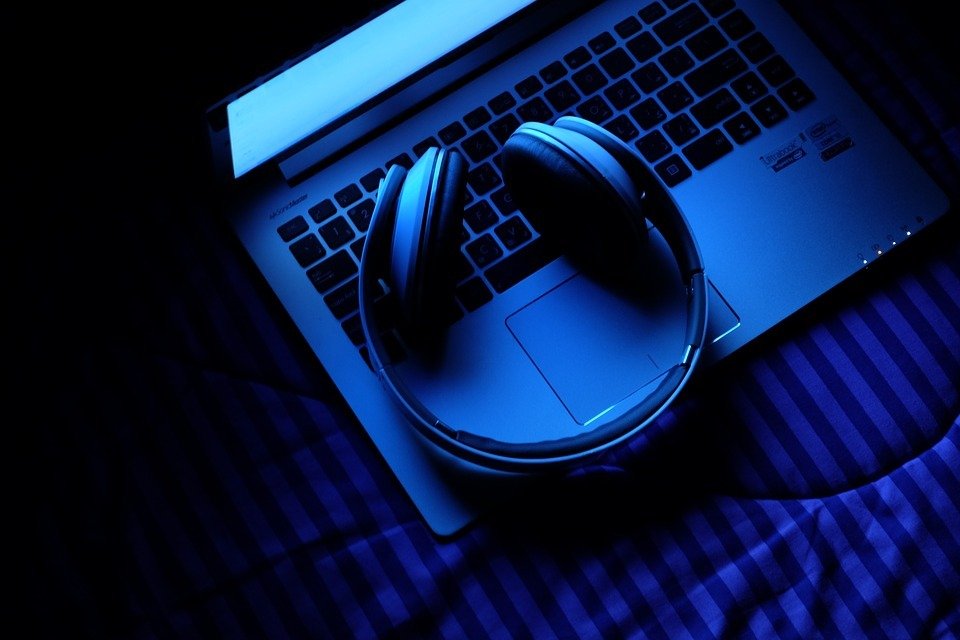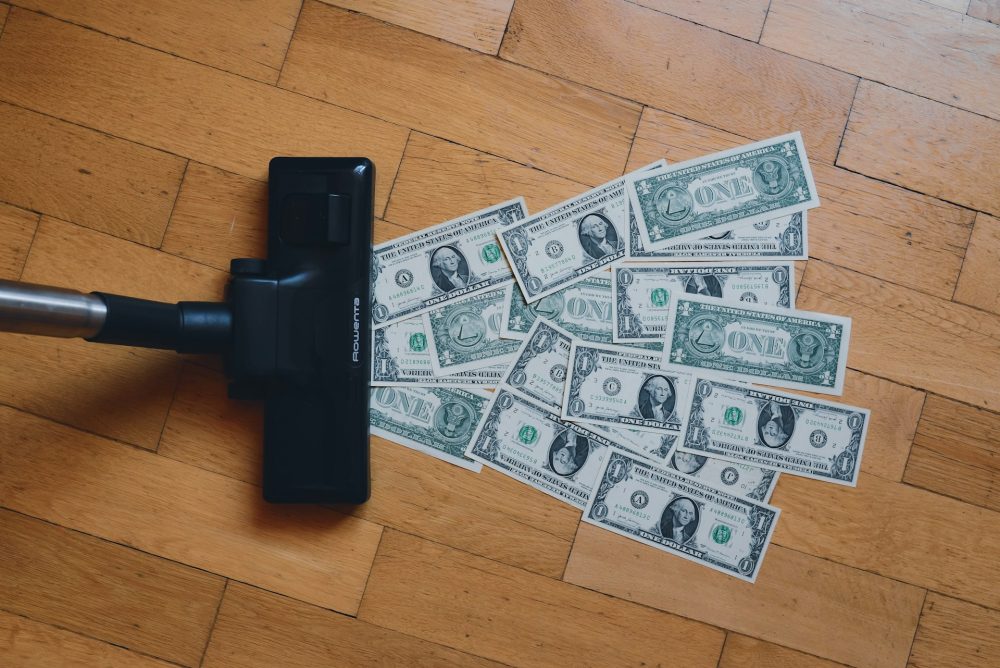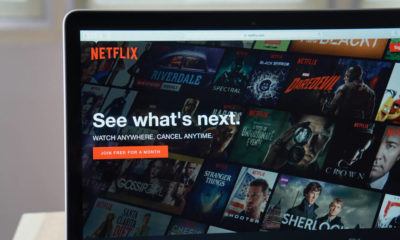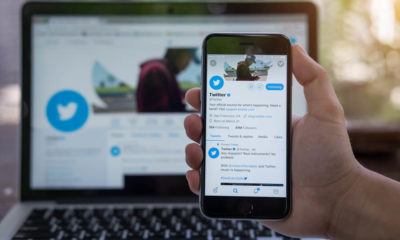Business
Music artists and online streaming: Perhaps it’s time to embrace the future
Music artists and fans are concerned over the rise of online streaming, which can disrupt the music industry.

Artists and fans are both concerned about the future of music, and the rise of internet radio and online streaming services. Websites like Spotify, Pandora, and SoundCloud are undoubtedly making a dent in the industry as more users change the way they consume content.
The era of smart phones has brought easier access to favorite tunes. Studies show that websites and apps are the two most common ways that one can listen to music these days. And who would not love them? Imagine an infinite library at your fingertips, with millions of songs across different genres, all playable with just the click of a button.
It’s certainly heaven for any music aficionado. But some artists are not as happy and may not be jumping on the bandwagon anytime soon. According to a report from ABC, this phenomenon baffled Oasis lead singer Noel Gallagher: “It fascinates me, and infuriates me, that people are more willing to sit in a coffee shop and spend a tenner on two coffees…Yet they will physically get angry at you for asking them to buy an album for a tenner which will last a lifetime.”
That pretty much sums up the apprehensions of artists and producers alike. It is a valid one, and something that the music industry must address the soonest possible. After all, artists should still be paid for their hard work. If we are all listening to music online for free, then how do these businesses stay afloat? How do our artists remain profitable enough to keep on making music we love?
Saving versus suffocating the music industry
Two years ago, Taylor Swift pulled all of her music off Spotify. It was a controversial move. It infuriated some fans and gained her new ones, too. She joined the pool of other artists who believe that online streaming is bad.
Winner of 7 Grammy Awards, Swift wrote in The Wall Street Journal: “There are many (many) people who predict the downfall of music sales and the irrelevancy of the album as an economic entity. I am not one of them. In my opinion, the value of an album is, and will continue to be, based on the amount of heart and soul an artist has bled into a body of work, and the financial value that artists (and their labels) place on their music when it goes out into the marketplace. Piracy, file sharing and streaming have shrunk the numbers of paid album sales drastically, and every artist has handled this blow differently…It’s my opinion that music should not be free, and my prediction is that individual artists and their labels will someday decide what an album’s price point is. I hope they don’t underestimate themselves or undervalue their art. ”

Broadband internet has been a factor in the worldwide spread of music piracy happening so fast. (Source)
MyBroadband elaborates further: piracy perpetrates the illegal copying of music. This has been a bane to the industry. Legal tactics and DRMs on files are no match to people who do not care about copyright infringement. What companies like Apple and Amazon have done with their online music stores has helped alleviate the situation. Downloads are now legal and available – for a fee. According to a BBC report, in 2012, paid downloads accounted for 40% of revenues. Unfortunately, these downloads did not improve long-term sales. What it did instead was encroach upon sales of CDs, which slipped to 28%.
Now there’s online streaming adding to the mix. It has changed the dynamic of music listening completely. Most listeners are choosing not to own a copy of the music – be it in physical form (CDs or vinyl) or digital (MP3s). They simply want to have it delivered it to them, on demand. It’s the equivalent of how the movie and television industries are struggling in the presence of Netflix and Hulu. It’s the future.
Between zero and two billion
In response to her article, Daniel Ek of Spotify said: “Taylor Swift is absolutely right: music is art, art has real value, and artists deserve to be paid for it. We started Spotify because we love music and piracy was killing it. So all the talk swirling around lately about how Spotify is making money on the backs of artists upsets me big time…You know why? Two numbers: Zero and Two Billion. Piracy doesn’t pay artists a penny – nothing, zilch, zero. Spotify has paid more than two billion dollars to labels, publishers and collecting societies for distribution to songwriters and recording artists.”
He added: “Our free service drives our paid service. Today we have more than 50 million active users of whom 12.5 million are subscribers each paying $120 per year. That’s three times more than the average paying music consumer spent in the past. What’s more, the majority of these paying users are under the age of 27, fans who grew up with piracy and never expected to pay for music. But here’s the key fact: more than 80% of our subscribers started as free users. If you take away only one thing, it should be this: No free, no paid, no two billion dollars.”

If fans want to support their beloved artists, they should think about ways to support them in these changing times. (Source)
Per TIME Magazine, Spotify’s payout range is around $0.006 to $0.0084 per stream. How much would Taylor Swift have been paid had she stuck around? Ek says Swift has made a mistake that cost her around $6 million. Easily.
As discussions swept the media, others started weighing in. Tom DeLonge of Blink182 had this to share: “I tell people condoning streaming is like condoning the Chinese that are killing elephants for their tusks and carving ivory statues.”
In an article in Wired, Aloe Blacc of Avicii writes: “…does our work as songwriters have value? Coming from someone who has spent his life working hard to master his craft in order to touch the lives of others, that may seem like an absurd question. But in today’s rapidly changing music marketplace, the answer is increasingly unclear…By law, we have to let any business use our songs that asks, so long as they agree to pay a rate that, more often than not, was not set in a free market. We don’t have a choice. As such, we have no power to protect the value of the music we create.”
For Jonathan Dickins, Adele’s manager, it’s all about perspective. Take YouTube, the largest streaming service on the web: “10 million views is seen as a marketing success compared to 10 million streams on Spotify, which is seen as a loss of revenue.”
A reflection of the changing times
Nevertheless, online streaming services are here to stay. Everybody deals with artists’ concerns differently. Pandora honors licensing constraints, and limits access to the site per location. Hence listeners outside the US, Australia, and New Zealand are out of luck in using this service. Spotify, meanwhile, is available in a lot of countries all over the world. They have free and premium subscriptions, which limits access to albums and new song releases.
SoundCloud also started paying artists a share of ad revenue. Fortune reports that it already signed a licensing deal with Warner Music, the first major label to do so with the company. Warner’s artists include the likes of Red Hot Chili Peppers and Bruno Mars.

-

 Crowdfunding1 week ago
Crowdfunding1 week agoBSG Stahl Riesa Launches Crowdfunding for New Floodlights
-

 Cannabis5 days ago
Cannabis5 days agoSnoop Dogg Searches for the Lost “Orange” Cannabis Strain After Launching Treats to Eat
-

 Crypto2 weeks ago
Crypto2 weeks agoIntesa Sanpaolo Signals Institutional Shift With Major Bitcoin ETF Investments
-

 Cannabis2 hours ago
Cannabis2 hours agoBrewDog Sale Leaves Thousands of Crowdfunding Investors Empty-Handed

























You must be logged in to post a comment Login